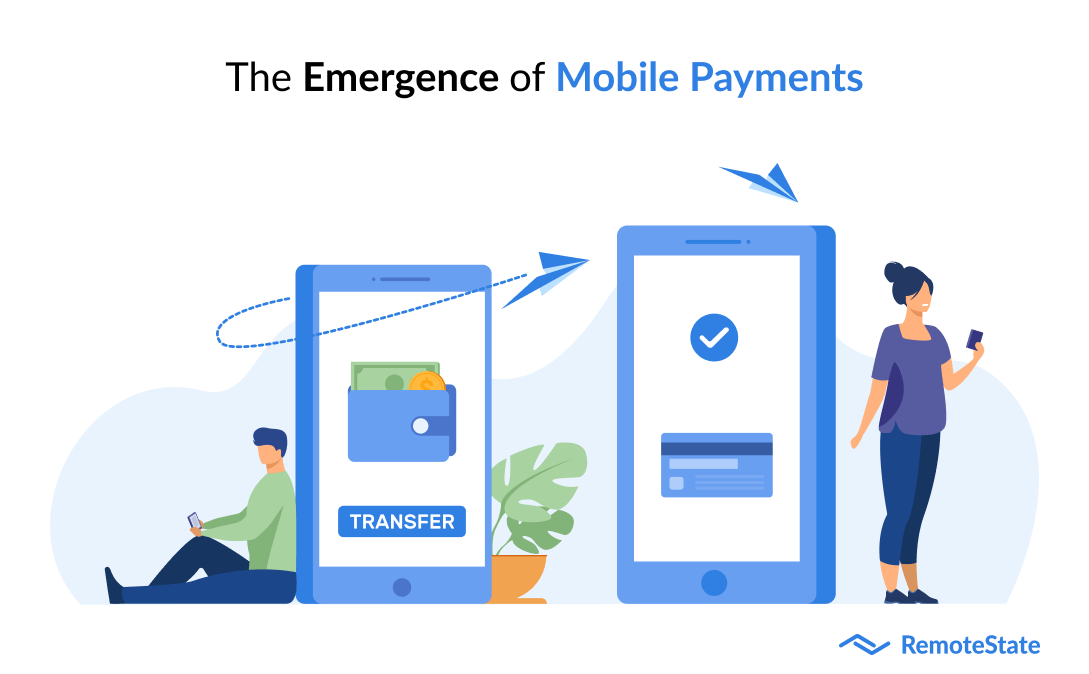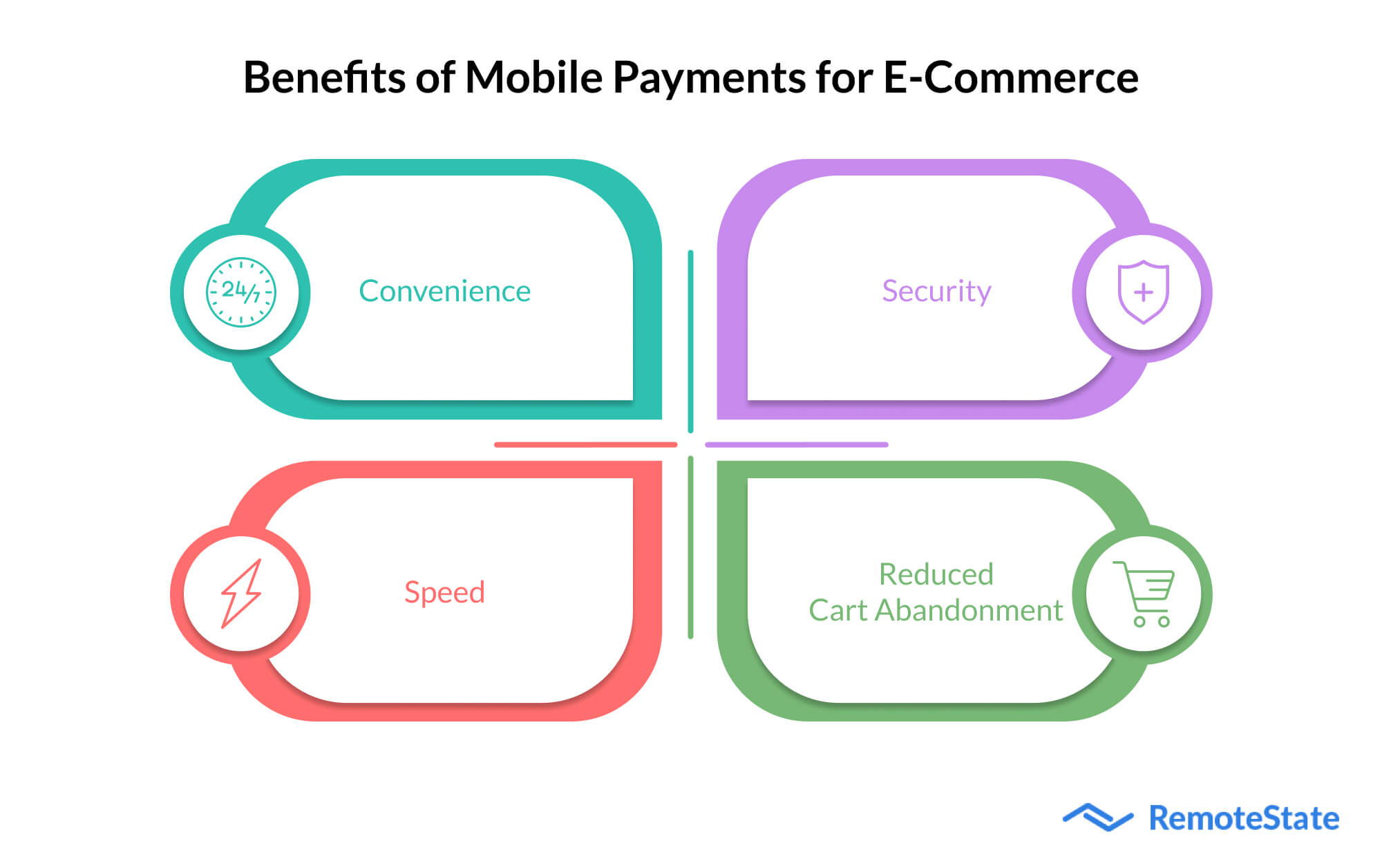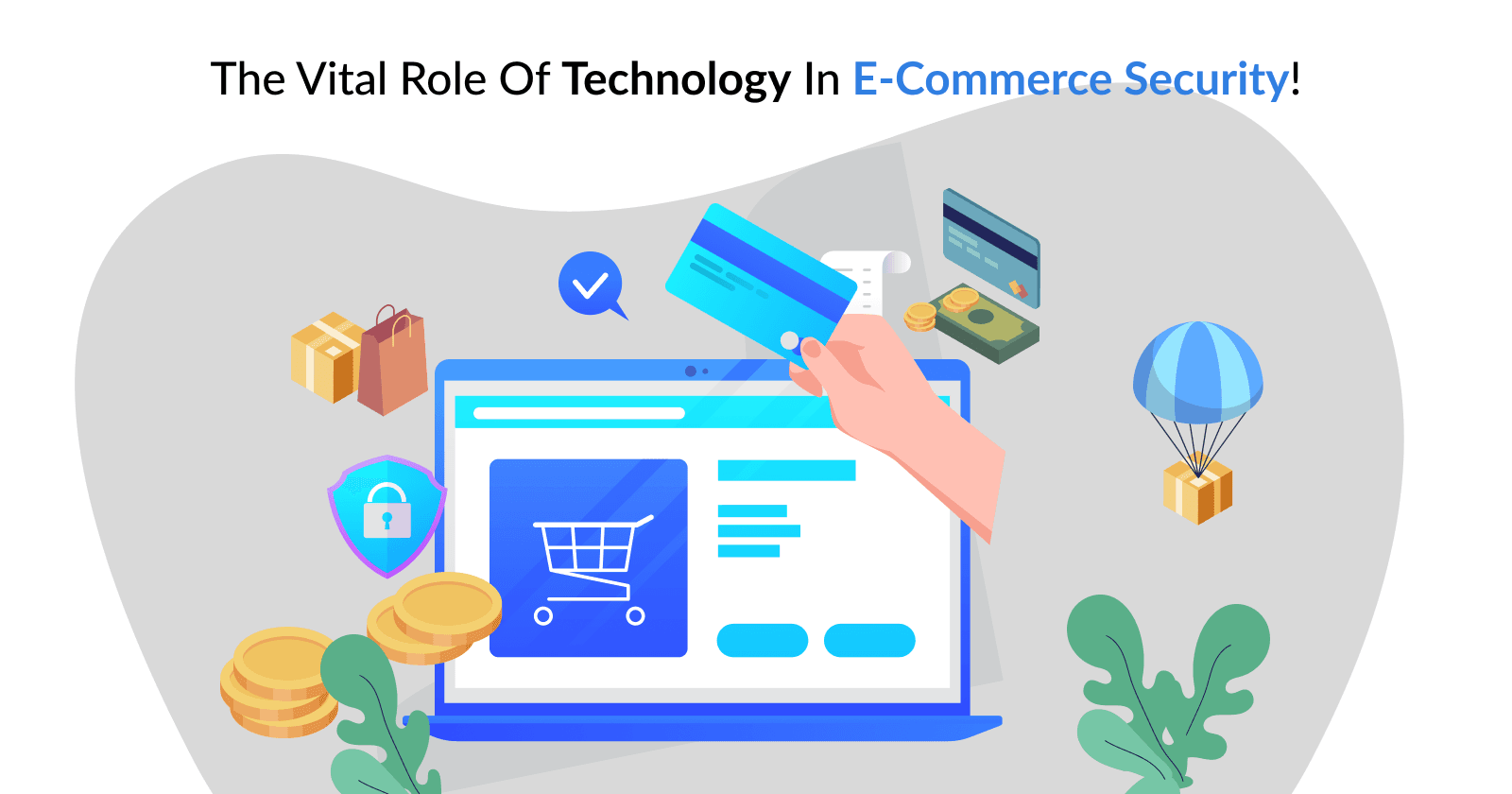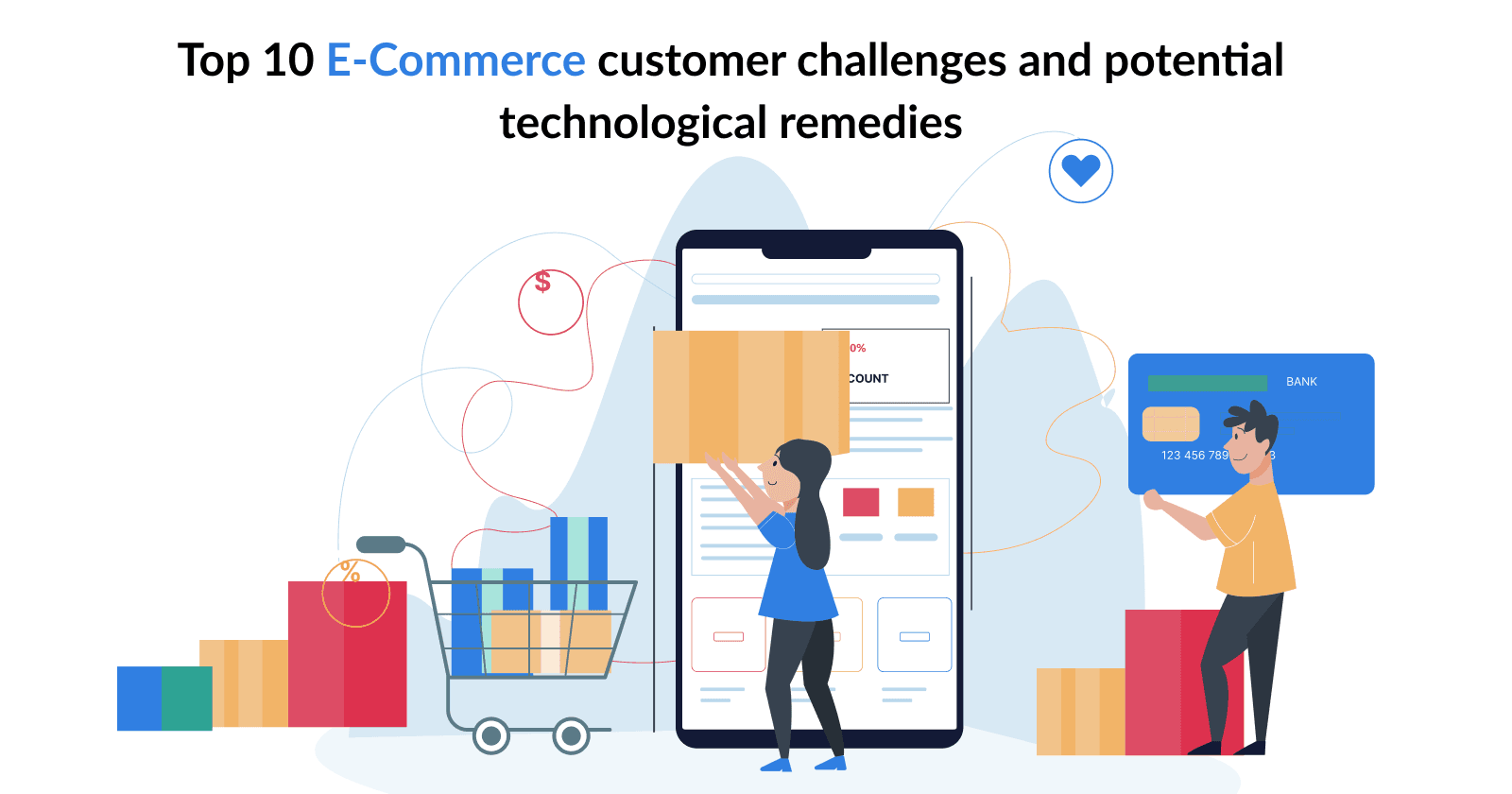Introduction
E-commerce has revolutionized the way people shop and conduct business, and mobile payments have taken this innovation to a new level. Mobile payments are becoming increasingly popular.
E-commerce has revolutionized the way people shop and conduct business, and mobile payments have taken this innovation to a new level. Mobile payments are becoming increasingly popular. This growth is driven by e-commerce and the increasing demand for mobile payment solutions that make online transactions more convenient, secure, and efficient.
In this blog post, we will explore how e-commerce is driving the growth of mobile payments and how this trend is shaping the future of online transactions.
The Rise of E-Commerce
The rise of e-commerce has been a game-changer for retailers and consumers alike. With the proliferation of smartphones and internet connectivity, e-commerce has become a viable alternative to traditional brick-and-mortar shopping. Online shopping offers consumers the convenience of shopping from anywhere, anytime, and on any device.
Furthermore, e-commerce platforms provide a vast range of products and services that are not readily available in physical stores. This has led to a shift in consumer behavior, with more and more people opting to shop online.
The Emergence of Mobile Payments

As e-commerce has grown in popularity, so has the demand for secure and convenient payment solutions. This is where mobile payments come in. Mobile payments are transactions that are made using a mobile device, such as a smartphone or tablet.
These transactions can be made using a mobile wallet app, which allows users to store their credit or debit card details securely on their mobile devices. Mobile payments are fast, easy, and convenient, making them a popular choice for online transactions.
Benefits of Mobile Payments for E-Commerce

The rise of mobile payments has had a significant impact on e-commerce. Mobile payments offer a range of benefits that make them an attractive option for online transactions. Here are some of the key benefits of mobile payments for e-commerce:
Convenience
Mobile payments allow consumers to make purchases from anywhere, anytime, and on any device, making shopping more convenient.
Security
Mobile payments are more secure than traditional payment methods, as they use encryption and tokenization to protect sensitive information.
Speed
Mobile payments are faster than traditional payment methods, as they eliminate the need for manual input of payment details.
Reduced Cart Abandonment
Mobile payments reduce the likelihood of cart abandonment, as they simplify the checkout process and make it easier for consumers to complete transactions.
The Role of Mobile Wallets in Driving Mobile Payments
Mobile wallets are a key driver of mobile payments. Mobile wallets allow users to store their credit or debit card details securely on their mobile devices, making it easy to make payments on the go. Mobile wallets are becoming increasingly popular.
The rise of mobile wallets has had a significant impact on e-commerce, as they offer a secure and convenient way for consumers to make online transactions.
The Impact of COVID-19 on E-Commerce and Mobile Payments
The COVID-19 pandemic has had a profound impact on e-commerce and mobile payments. With lockdowns and social distancing measures in place, more and more people turned to online shopping as a way to buy goods and services. This led to a surge in e-commerce sales, with online sales increasing by 44% in 2020. The pandemic also accelerated the adoption of mobile payments, as consumers looked for safer and more convenient ways to pay for goods and services.
The Future of Mobile Payments in E-Commerce
The future of mobile payments in e-commerce looks bright. Mobile payments are expected to continue to grow in popularity.
Here are some of the key trends that are shaping the future of mobile payments in e-commerce:
Biometric authentication
As mobile payments become more popular, there is an increasing need for more secure authentication methods. Biometric authentication, such as facial recognition and fingerprint scanning, is becoming more prevalent in mobile payments.
Contactless payments
The COVID-19 pandemic has accelerated the adoption of contactless payments. Contactless payments allow consumers to pay for goods and services without having to touch a payment terminal, making them a more hygienic option.
In-app payments
In-app payments allow consumers to make purchases within an app, without having to leave the app to complete a transaction. This is a convenient option for consumers, as it eliminates the need to switch between different apps.
Social commerce
Social media platforms are increasingly integrating mobile payments into their platforms. This allows consumers to make purchases directly within social media apps, making the shopping experience more seamless.
Conclusion
In conclusion, e-commerce is driving the growth of mobile payments, and this trend is shaping the future of online transactions. Mobile payments offer a range of benefits for e-commerce, including convenience, security, speed, and reduced cart abandonment.
The rise of mobile wallets, the impact of COVID-19, and the emergence of new trends such as biometric authentication, contactless payments, in-app payments, and social commerce are all contributing to the growth of mobile payments in e-commerce.
As the mobile payment market continues to grow, it is clear that mobile payments will play an increasingly important role in the future of e-commerce.
How Remotestate Can Help?
As a software development and IT services company, Remotestate is well-positioned to help businesses navigate the rapidly changing landscape of e-commerce and mobile payments.
Our team of experts can help businesses to develop and implement effective mobile payment strategies that leverage the latest trends and technologies. We offer a range of services, including mobile app development, e-commerce website design, and payment gateway integration.
With our help, businesses can create a seamless and secure mobile payment experience for their customers, boosting sales and improving customer satisfaction. Our expertise in biometric authentication, contactless payments, in-app payments, and social commerce means that we can help businesses to stay ahead of the curve when it comes to mobile payments.
At Remotestate, we are committed to delivering exceptional results for our clients. We take a collaborative approach to every project, working closely with our clients to understand their unique needs and objectives. Our team is made up of skilled and experienced professionals who are passionate about delivering innovative solutions that drive business success.
If you're looking to leverage the power of mobile payments for your business, Remotestate is here to help. Contact us today to learn more about our services and how we can help you to achieve your e-commerce goals.
FAQs
What are mobile payments?
Mobile payments are transactions that are made using a mobile device, such as a smartphone or tablet. These transactions can be made using a mobile wallet app, which allows users to store their credit or debit card details securely on their mobile devices.
What are the benefits of mobile payments for e-commerce?
Mobile payments offer a range of benefits for e-commerce, including convenience, security, speed, and reduced cart abandonment.
How do mobile wallets work?
Mobile wallets allow users to store their credit or debit card details securely on their mobile devices, making it easy to make payments on the go.
Publication Date
2023-03-03
Category
E-Commerce
Author Name
Rahul Agrawal


